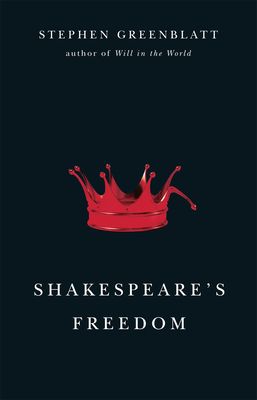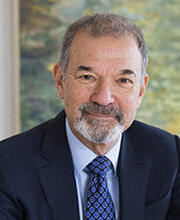

 University of Chicago Press
University of Chicago Press
Shakespeare's Freedom


Key Metrics
- Stephen Greenblatt
- University of Chicago Press
- Hardcover
- 9780226306667
- 8.7 X 5.83 X 0.57 inches
- 0.72 pounds
- Literary Criticism > Shakespeare
- English
 Secure Transaction
Secure TransactionBook Description
Shakespeare lived in a world of absolutes--of claims for the absolute authority of scripture, monarch, and God, and the authority of fathers over wives and children, the old over the young, and the gentle over the baseborn. With the elegance and verve for which he is well known, Stephen Greenblatt, author of the best-selling Will in the World, shows that Shakespeare was strikingly averse to such absolutes and constantly probed the possibility of freedom from them. Again and again, Shakespeare confounds the designs and pretensions of kings, generals, and churchmen. His aversion to absolutes even leads him to probe the exalted and seemingly limitless passions of his lovers.
Greenblatt explores this rich theme by addressing four of Shakespeare's preoccupations across all the genres in which he worked. He first considers the idea of beauty in Shakespeare's works, specifically his challenge to the cult of featureless perfection and his interest in distinguishing marks. He then turns to Shakespeare's interest in murderous hatred, most famously embodied in Shylock but seen also in the character Bernardine in Measure for Measure. Next Greenblatt considers the idea of Shakespearean authority--that is, Shakespeare's deep sense of the ethical ambiguity of power, including his own. Ultimately, Greenblatt takes up Shakespearean autonomy, in particular the freedom of artists, guided by distinctive forms of perception, to live by their own laws and to claim that their creations are singularly unconstrained.
A book that could only have been written by Stephen Greenblatt, Shakespeare's Freedom is a wholly original and eloquent meditation by the most acclaimed and influential Shakespearean of our time.
Author Bio
Stephen Greenblatt is Cogan University Professor of the Humanities at Harvard University. He is the author of fourteen books, including Tyrant: Shakespeare on Politics; The Rise and Fall of Adam and Eve; The Swerve: How the World Became Modern; Shakespeare's Freedom; Will in the World: How Shakespeare Became Shakespeare; Hamlet in Purgatory; Marvelous Possessions; and Renaissance Self-Fashioning.
He is General Editor of The Norton Anthology of English Literature and of The Norton Shakespeare, has edited seven collections of criticism, and is a founding editor of the journal Representations. His honors include the 2016 Holberg Prize from the Norwegian Parliament, the 2012 Pulitzer Prize and the 2011 National Book Award for The Swerve, MLA’s James Russell Lowell Prize (twice), Harvard University’s Cabot Fellowship, the Distinguished Humanist Award from the Mellon Foundation, Yale’s Wilbur Cross Medal, the William Shakespeare Award for Classical Theatre, the Erasmus Institute Prize, two Guggenheim Fellowships and the Distinguished Teaching Award from the University of California, Berkeley.
Among his named lecture series are the Adorno Lectures in Frankfurt, the University Lectures at Princeton, and the Clarendon Lectures at Oxford, and he has held visiting professorships at universities in Beijing, Kyoto, London, Paris, Florence, Torino, Trieste, and Bologna, as well as the Renaissance residency at the American Academy in Rome.
He was president of the Modern Language Association of America and a long-term fellow of the Institute for Advanced Study in Berlin. He has been elected to membership in the American Academy of Arts and Sciences, the American Academy of Arts and Letters, the American Philosophical Society, the Italian literary academy Accademia degli Arcadi, and is a fellow of the British Academy.
Source: Harvard University Department of English
Videos
No Videos
Community reviews
Write a ReviewNo Community reviews